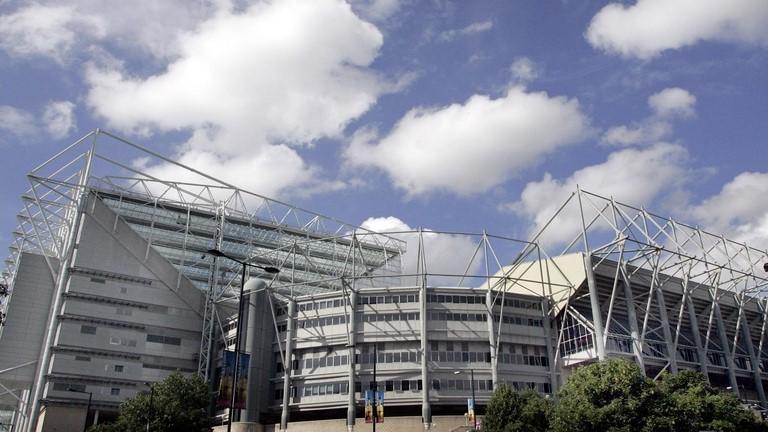Football banning orders fall as figures reveal bad behaviour
- Published
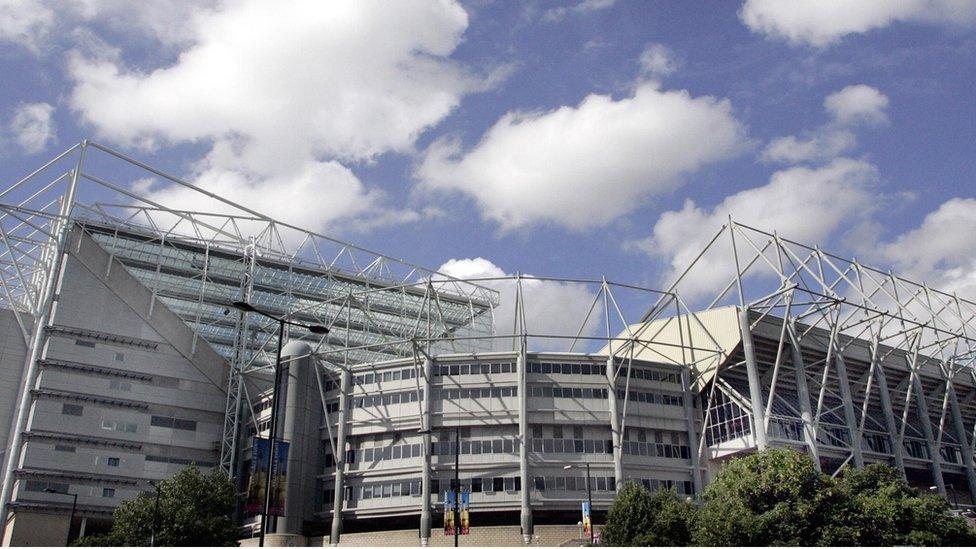
Newcastle United's fans have the most banning orders
The number of football banning orders issued to badly-behaved fans has fallen for the fourth consecutive year, official figures reveal.
Home Office figures reveal there were 2,181 fans banned at start of the latest season, compared with 2,273 the year before.
Newcastle has the worst record in the Premier League, with 132 orders.
Millwall fans have 64 banning orders against them, the largest number in the Championship before their relegation.
There were 484 new banning orders issued during the 2014/15 season, compared with 678 in 2013/14.
Bristol Rovers had the biggest number of new orders overall, with 31 issued during 2014/15.
Burnley fans received the largest number of new banning orders in the Premier League, 26 in total, before their relegation.
In the Championship Wolverhampton Wanderers fans had 22 imposed.
Leeds United fans sparked the most football-related arrests last season, 99 according to the figures.
The overall number of arrests has fallen, however. The Home Office statistics, external show there were 1,873 in the last season, a drop of 400.
Public disorder was the cause of the most arrests of Premier League fans, 273 between them. There were also 201 arrests for alcohol offences and 125 for violent disorder.
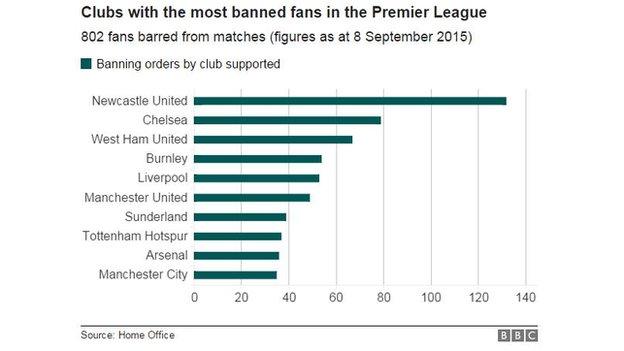
Premiership clubs with the most banned fans
In the Championship, public disorder resulted in 290 arrests last season out of a total of 702 and alcohol accounted for 136.
Millwall FC chief executive Andy Ambler said a number of the orders imposed on its fans were from one incident at Wembley in April 2013, when violence broke out during the FA Cup semi-final against Wigan.
"Things have improved year on year," Mr Ambler said.
"Some of the orders still in force relate to the incident in 2013 at Wembley and that will give us a higher number than some other clubs."
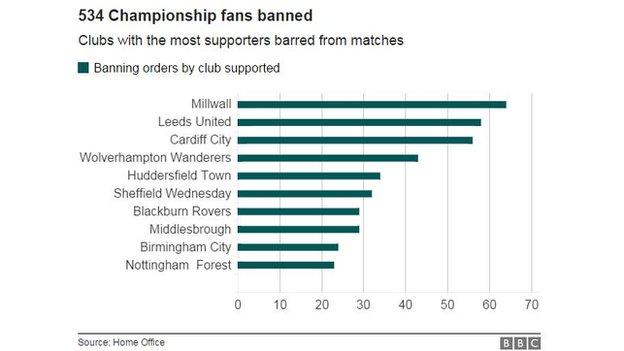
Championship clubs with the most banned fans
Football banning orders can last between three and 10 years and prevent an individual attending matches at home and abroad.
Breaching an order is punishable by a maximum of six months in prison or a fine of £5,000, or both. Fans can have more than one banning order imposed.
Mike Penning, Minister for Policing, Crime, Criminal Justice and Victims, said: "The UK is a world leader in tackling football violence and disorder.
"Today's figures show our tough laws to ban known troublemakers are working. The trend in football-related arrests continues to fall and the number of football-related arrests has more than halved since 2000/01.
"We are clear; law-abiding fans should enjoy football matches in safety and any violent, disorderly or anti-social behaviour at matches will not be tolerated."
- Published4 August 2015
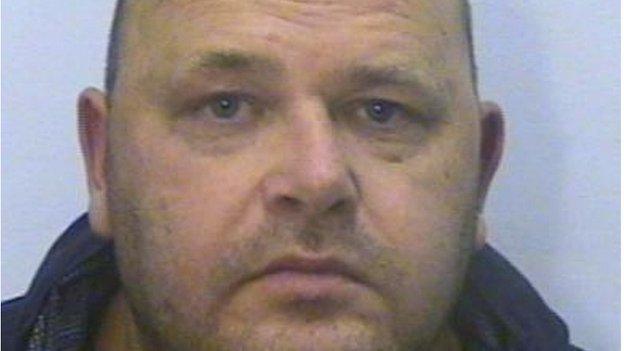
- Published11 September 2014
